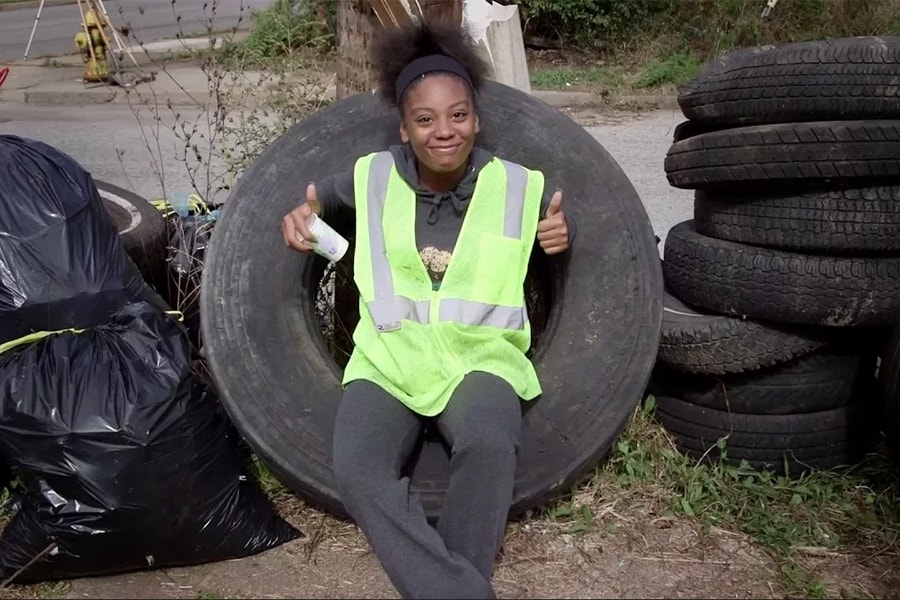
Evaluation of Green Infrastructure to Mitigate Sewage Overflows in Pittsburgh
The team will use sensors and models to determine the efficacy of Green Stormwater Infrastructure (GSI) installations planned in the city. Initial work focused on identification of models that would allow site selection and optimization within the Pittsburgh region. Analysis of three sites in the Rosedale Runoff Reduction Project was completed while these sites were evaluated and constructed. However, limited sensor data was available for analysis.
Current work focuses on a green infrastructure site located at the East Liberty Presbyterian Church. The site contains two rain gardens that collect stormwater from about 8,500 sq ft of impervious surface. The site is equipped with several sensors that measure rainfall, soil moisture, water level, and water temperature. Data is logged every 5-minutes and has been collected since July 2015. Analysis of these data will enable consideration of performance under current conditions. Also, hydrologic performance will be modeled using historical and future predicted climatic conditions to assess the resilience of the rain garden to changing climate.
PARTNERS:
FACULTY:
Jeanne VanBriesen (PI), Duquesne Light Company Professor, Civil and Environmental Engineering and Engineering and Public Policy, Carnegie Mellon University
Costa Samaras, Assistant Professor, Civil and Environmental Engineering, Carnegie Mellon University
Matteo Pozzi, Associate Professor, Civil and Environmental Engineering, Carnegie Mellon University
GRADUATE STUDENTS:
Duygu Altintas, Graduate Student, Civil and Environmental Engineering, Carnegie Mellon University
Lauren Cook
Graduate Student, Civil and Environmental Engineering, Carnegie Mellon University
